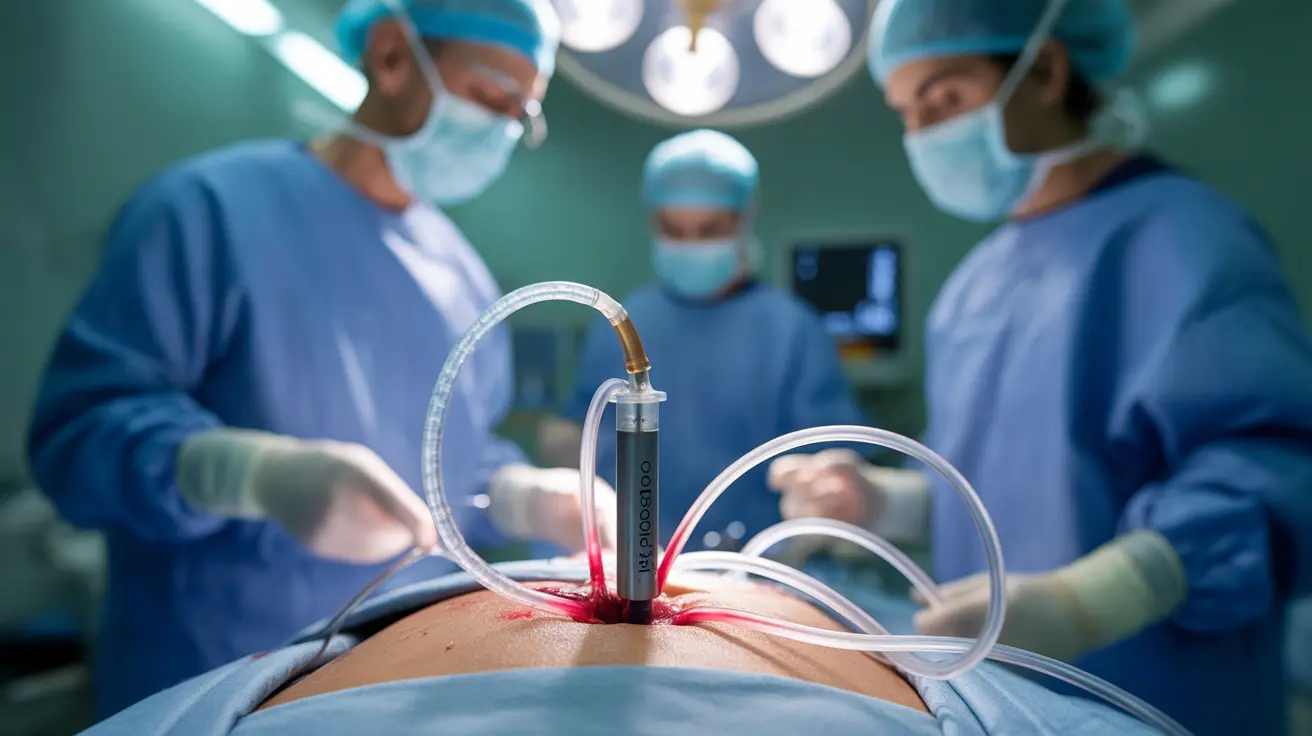Multiple sclerosis (MS) is a complex neurological condition that often requires various treatment approaches to manage symptoms and improve quality of life. While surgery isn't a cure for MS, several surgical interventions can help manage specific symptoms when other treatments haven't provided adequate relief.
Understanding the role of surgery in MS management is crucial for patients and caregivers considering these options. This comprehensive guide explores the different surgical procedures available, their benefits, risks, and what patients should know before pursuing surgical intervention.
Types of Surgery for MS Management
Several surgical procedures may be recommended for MS patients depending on their specific symptoms and condition severity. Each type targets different aspects of MS symptom management.
Baclofen Pump Implementation
A baclofen pump, also known as intrathecal baclofen therapy (IBT), is a surgical option for managing severe spasticity in MS patients. The procedure involves implanting a small pump under the skin that delivers baclofen directly to the spinal fluid, offering more precise symptom control with fewer side effects than oral medication.
Deep Brain Stimulation (DBS)
DBS involves placing electrodes in specific areas of the brain to help control severe tremors that don't respond to medication. The procedure has shown promising results in managing MS-related tremors, though its effectiveness can vary among patients.
Rhizotomy
This surgical procedure involves selectively cutting nerve roots in the spinal cord to reduce severe spasticity and pain. It's typically considered when other treatments, including medication and physical therapy, haven't provided adequate relief.
Surgical Considerations for MS Patients
Pre-Surgery Evaluation
Before any surgical intervention, MS patients must undergo thorough evaluation to ensure they're suitable candidates. This includes:
- Comprehensive neurological assessment
- Review of current MS disease activity
- Evaluation of overall health status
- Discussion of potential risks and benefits
- Assessment of alternative treatment options
Anesthesia Considerations
MS patients require special attention when it comes to anesthesia. The medical team must carefully select appropriate anesthetic agents and closely monitor the patient's temperature and nervous system response during surgery.
Post-Surgical Care and Recovery
Recovery from MS-related surgery requires careful management and monitoring. Patients typically need:
- Regular follow-up appointments
- Physical therapy when appropriate
- Medication adjustments
- Close monitoring for potential MS symptom changes
- Rehabilitation support as needed
Frequently Asked Questions
When is surgery considered for multiple sclerosis (MS), and what types of surgeries might be recommended for MS patients?
Surgery is typically considered when other treatments haven't effectively managed symptoms. Common surgical options include baclofen pump implementation for spasticity, deep brain stimulation for tremors, and rhizotomy for severe pain and spasticity.What are the benefits and risks of having a baclofen pump, rhizotomy, or deep brain stimulation for MS symptoms?
Benefits include better symptom control and improved quality of life. Risks may include infection, bleeding, device malfunction (for pumps and DBS), and potential nervous system complications. Each procedure has its specific risk profile that should be discussed with healthcare providers.Can surgery for MS make symptoms worse or trigger a relapse of the disease?
While surgery itself doesn't typically cause MS progression, the stress of surgery and recovery could potentially trigger a temporary flare-up of symptoms. Proper pre-operative planning and post-operative care help minimize these risks.How does deep brain stimulation help with severe tremors in MS, and how long do the effects usually last?
DBS works by sending electrical impulses to specific areas of the brain that control movement, helping to regulate abnormal nerve signals causing tremors. The effects can last for several years, though periodic adjustments may be needed to maintain optimal results.What should people with MS know about going under anesthesia for surgery, and are they at higher risk for complications?
MS patients should work closely with their anesthesiologist to develop a tailored approach. While they're not necessarily at higher risk for complications, special consideration must be given to temperature regulation and medication selection to avoid potential MS symptom exacerbation.




